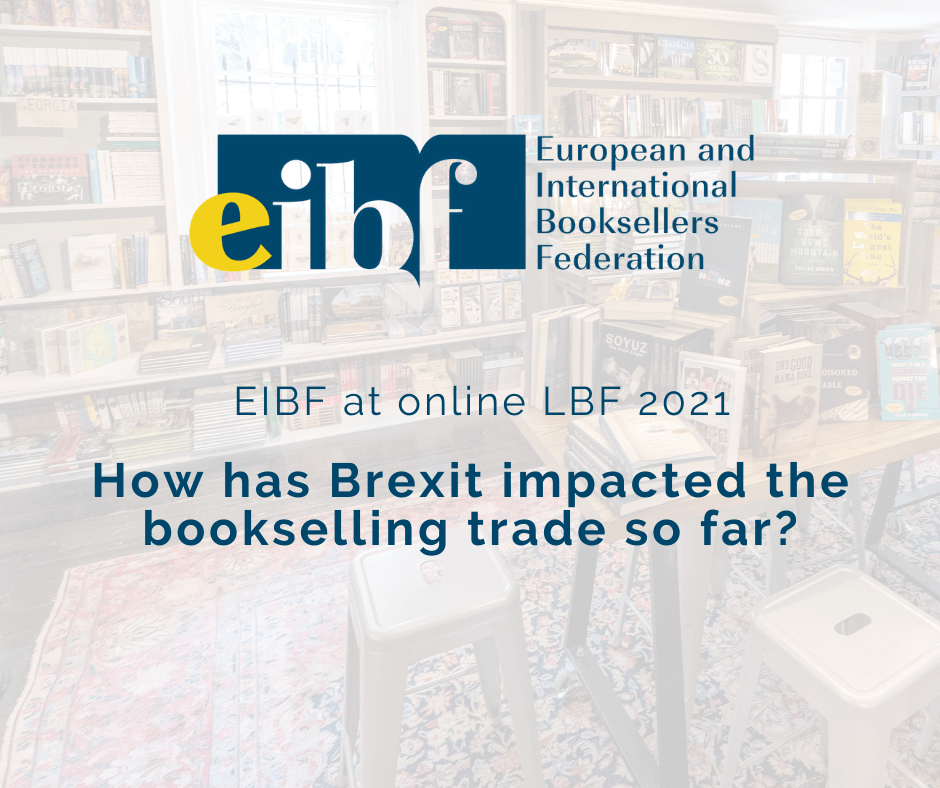Hazel Broadfoot, President of the Booksellers Association of the UK and Ireland (BA) and owner-manager of Village Books in Dulwich, has kindly shared with us her speech presented at this year's BA Conference on 31 October 2022. Read her inspirational words below.
Hello everybody. I’m Hazel Broadfoot and I’m the owner/manager of Village Books in Dulwich. Since April this year it’s been my privilege to be President of the BA. My first experience of bookselling was a holiday job in a local bookshop while I was a student. I knew immediately that I had found my tribe and I’ve been a bookseller ever since. I joined Waterstone’s in its infancy, setting up shops in Edinburgh, and Glasgow, before moving south to work in London branches and to serve on the board. I desperately missed shop-floor bookselling: buying Village Books was an irresistible opportunity and I love going to work in it just as much today as I did when I first bought it.
At last year’s conference, the outgoing President of the BA, Andy Rossiter, stood where I am standing now and reflected on his two years as ‘The Covid President’. I may have breathed a sigh of relief that someone before me had taken that mantle… The prospect of turning the page on Covid, lockdowns, social distancing; the impact on all of our bookselling businesses, was a tempting one. We hadn’t yet fully turned the corner but it was within sight
And when we turned that corner… Never has that supposed Chinese Curse – ‘may you live in interesting times’ – felt more apposite
And yet, here we all are. In the room and online. The biggest self-help group that I know of. The community of booksellers; planning this autumn, planning next year, planning our legacies
And we’re joined by our colleagues from publishing; from sales, marketing and publicity. And by some wonderful authors – all here and keen to support booksellers as a keynote species…
Booksellers are key to the ecosystem of books. Booksellers are the pollinators for new authors; the oxygenators of creativity; the hummingbirds of their communities.
We are more than the sum of our parts; in our own bookshops, as a species as a whole, in our communities and in the contribution we make to breaking out new and undiscovered talent
We punch above our weight and are respected for doing so.
But we need support. We largely weathered the Covid Storm but some of the challenges we face now, could be existential.
Like all retail businesses we desperately need some mitigations from government to help us through the coming storm. And I believe that it is well within the capacity of those within our industry who can, to do the same.
As everyone in this room will be able to testify, the cost of doing business is going up. And up and up and up… Materials shortages, labour shortages, supply chain issues were all impacting us before the arrival of the hyper-inflation of energy and other costs.
Covid provided a massive windfall for trade publishers with huge sales and profits. And my message to publishers is we need your support. Now and through the coming storm.
Support takes many forms:
Many booksellers are extremely concerned about what they see as the diminishing number of reps calling or available to call. Whenever a trusted rep retires there is widespread anxiety among booksellers that they won’t be replaced; that the boundaries will be redrawn and the existing rep force spread more thinly. By definition the magnificent work being done by reps isn’t done under the common gaze of a publisher’s head office. It is being done far away, in bookshops up and down the country. But they are our lifeblood. I spoke about booksellers being key to the ecosystem of books. The relationship with reps is symbiotic within that ecosystem.
Authors too are a key component. I would like to commend Bob Mortimer, not just for being a national treasure but for using his national treasure status and social media presence to highlight bookshops and direct public attention to buying signed editions of his novel The Satsuma Complex from bricks and mortar booksellers, both chains and indies.
It’s been said time and again but why the seemingly thoughtless linking from author and publisher sites to Amazon and only to Amazon? Why? We see the most inappropriate links. Progressive works by progressive writers whose driving principles are a fairer, more equal, more just world… linking straight to Amazon. It just makes no sense. Link to your local bookshop, link to your favourite bookshop, link to bookshop.org, link to Waterstones. Just don’t link only to Amazon
The BA’s annual BAseline report shows us where booksellers’ costs lie. Overheads - including staffing, rent and rates and especially utilities - are increasing. The vast majority of the goods we sell are books, so we are dependent on our gross margins: any improvement in those margins (on the books we sell?) could go a long way towards offsetting the horrific increases we are facing on utilities and overheads.
I’m not making a blunt instrument call for more discount but asking publishers to be imaginative. Talk to your bookseller customers, understand what shocks they are facing, remember your Covid windfall and look at creative ways to help mitigate against those bookseller shocks. And remember that a very small gesture from you could have huge significance for a small business and could determine its survival.
And I do wonder, though my own views on this are decidedly mixed, whether it’s time for a mature debate on whether books should continue to have printed cover prices. I know many people’s eyes will glaze over at the prospect, but almost uniquely among retailers, the price we can sell our main products for is capped by our suppliers. We can price them down, but we can’t price them up. As I say, my own views are mixed and I view the prospect of price labelling 10,000 books in my shop with horror, but while we are thinking about each and every cost in our business and each and every opportunity to maximise profits it may be worth at least a second thought.
One thing I would dearly love to see is the balance of emphasis change in how we communicate to consumers as an industry with more emphasis on the value of books. Because books are wonderful value. And so are booksellers.



























